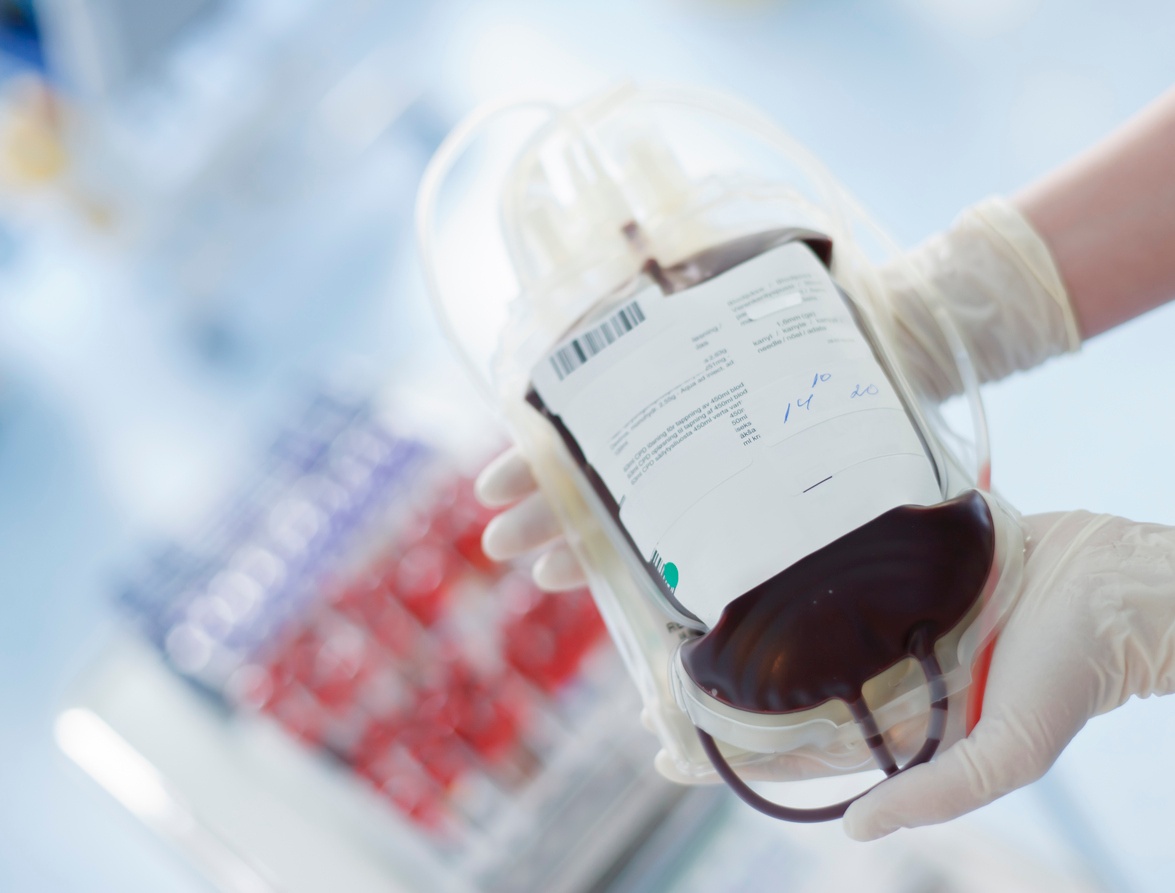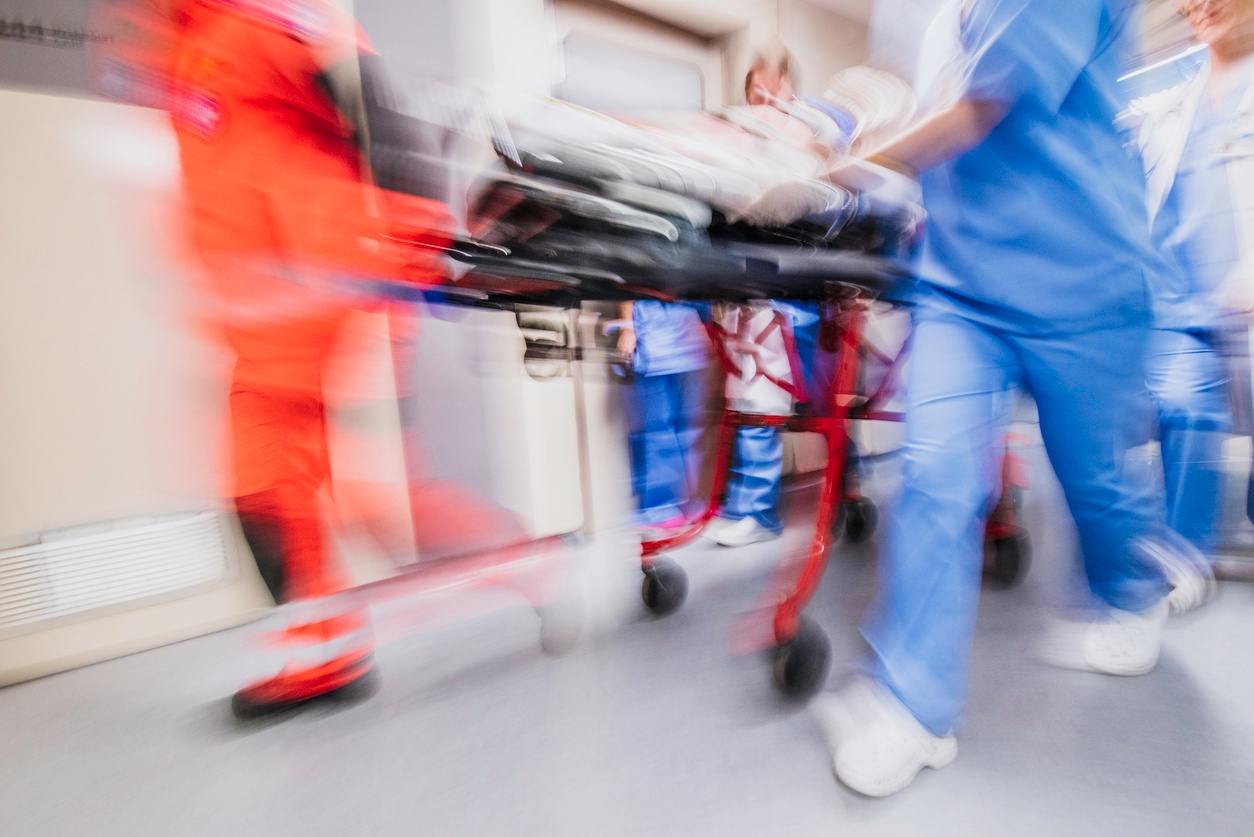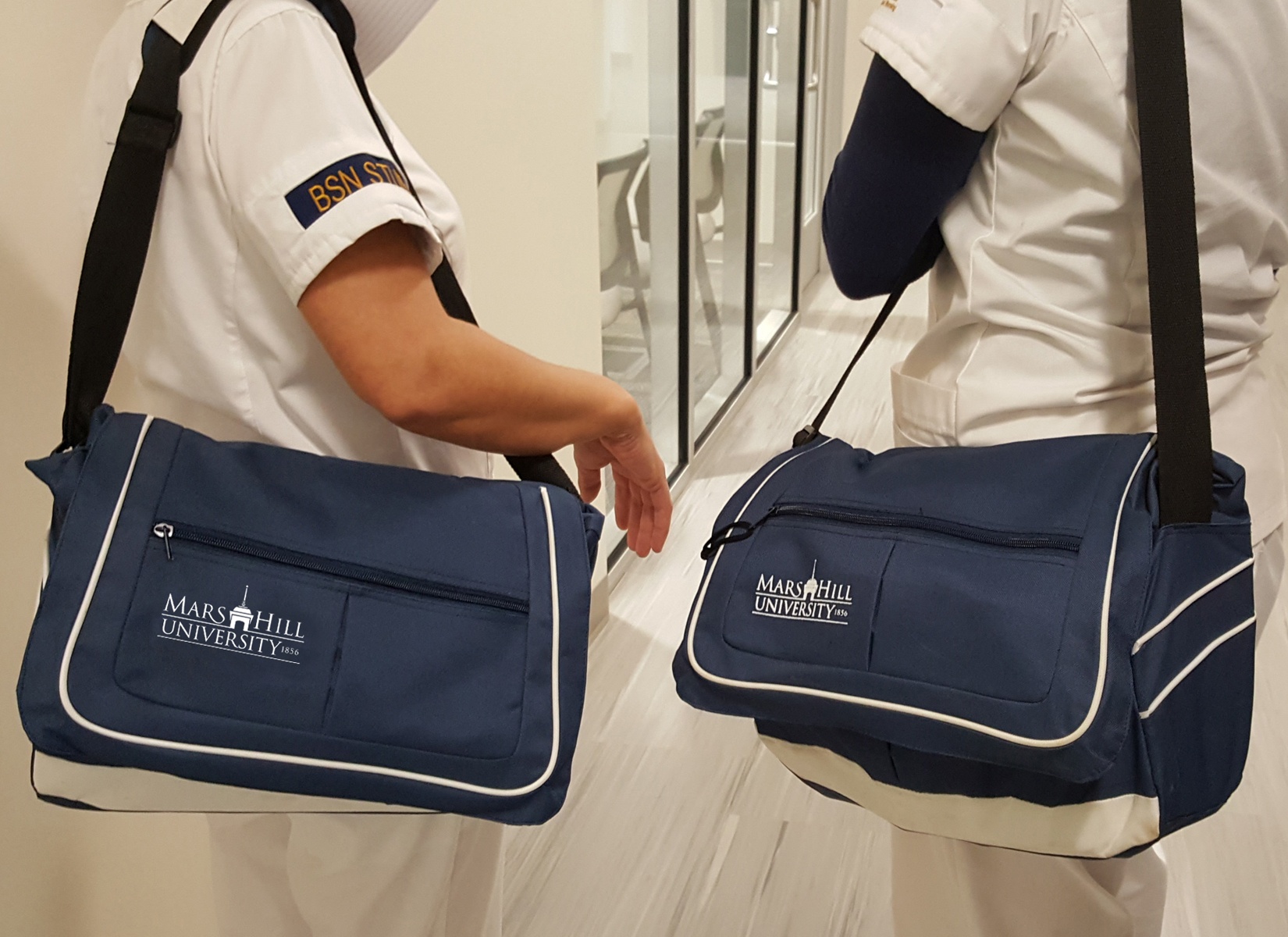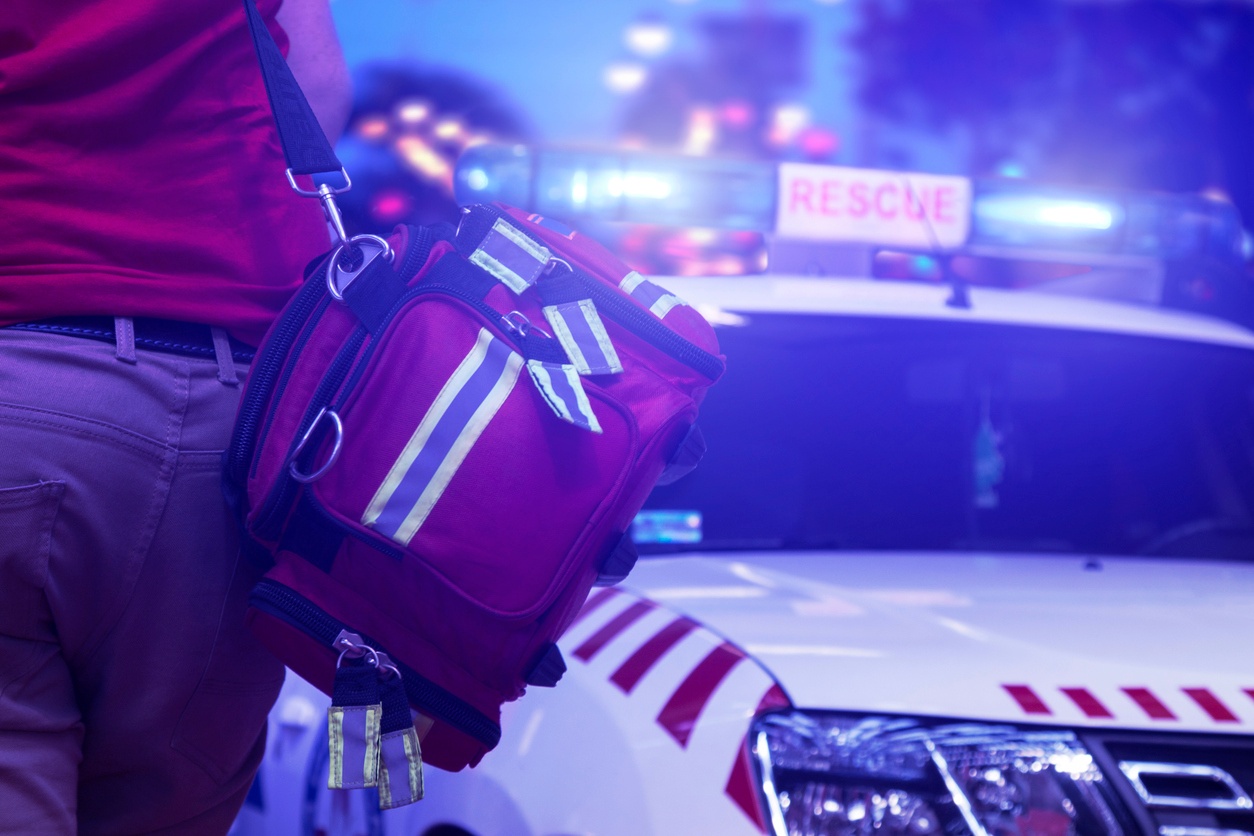
Childhood obesity rates have been increasing steadily for 30 years. Currently, 1 in 6 children is considered obese, meaning they have excess body fat. Being overweight or obese happens due to “caloric imbalance”: simply put, children are taking in more calories than they ...
![Featured post]()
When Anthony Battaglia MS, BSN, RN and President of Pocket Nurse®, made it his mission to advance and assist medical educators by providing high-quality, cost-effective supplies, medical simulation was in its infancy. In 2017, Pocket Nurse marks its twenty-fifth year of operation.

Overall, receiving a blood transfusion is one of the safest medical procedures in the United States. The U.S. blood supply is safer today than it’s ever been. According to the CDC, there are an estimated 5 million patients who receive blood annually, and 9.5 million blood donors. ...
![Featured post]()
Fred Hull, DC Specialist II at Pocket Nurse®, celebrated his seven year anniversary with the company in December.

The National Registry of Emergency Medical Technicians (NREMT) is the organization responsible for certifying most of the EMRs, EMTs, AEMTs, and paramedics in the United States. Their uniform examination process has tested the skills and knowledge of emergency medical service providers since 1970.

Mars Hill University started its BSN program at the Judge-McRae School of Nursing in 2015. As a new program, one of the things the faculty sought to provide for their students was some of the medical education equipment they would need in classrooms and clinical rotations -- and an easy way to transport everything.

Opioid overdoses are a huge concern in the United States despite the growing availability of the reversal drug naloxone. The synthetic sedative carfentanil has worsened the crisis by appearing in recreational narcotics. Its potency endangers the emergency responders treating overdose victims.

Millennials, defined as the generation born between 1979 and 1998, now outnumber Baby Boomers as the largest generation in America. (Poor Gen X’ers aren’t even close.) Millennials have a different approach to healthcare than Boomers, which is hardly surprising. ...












